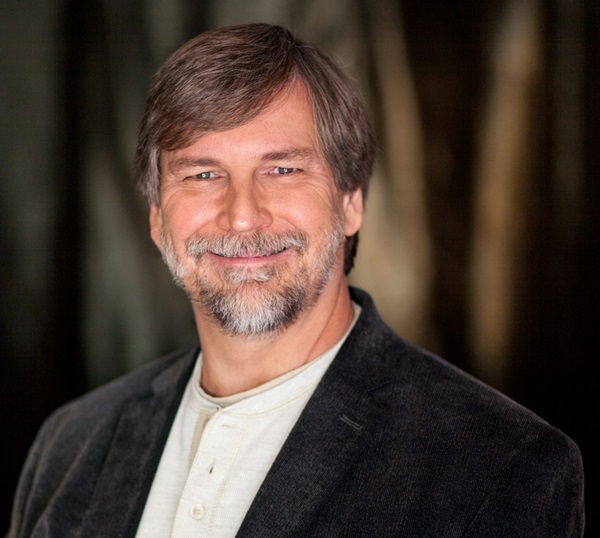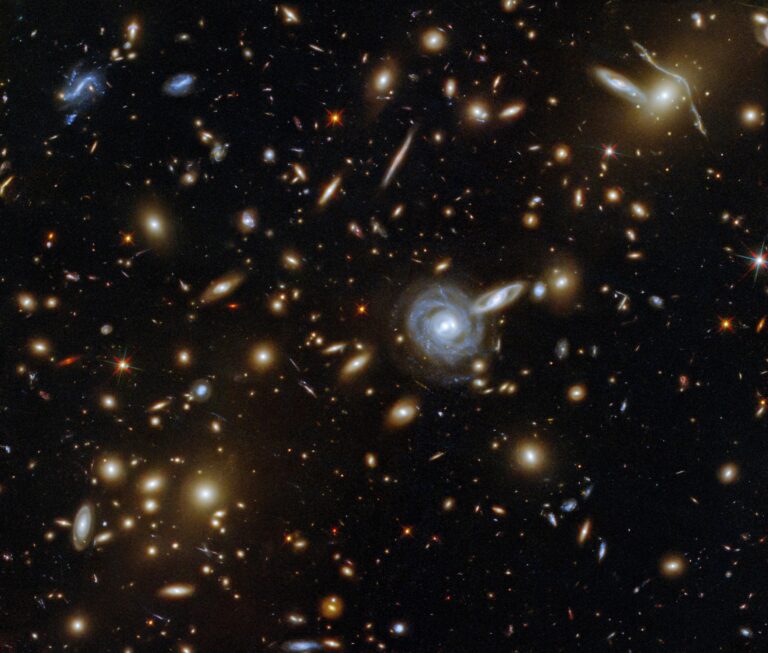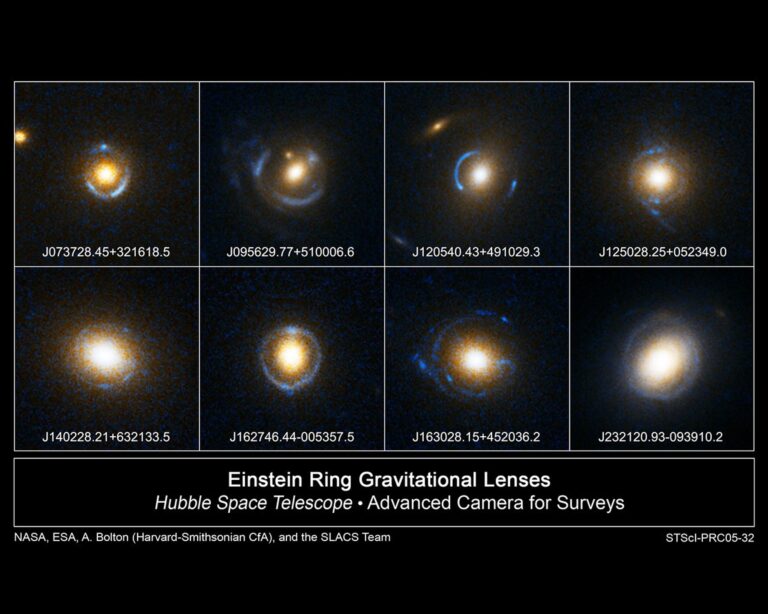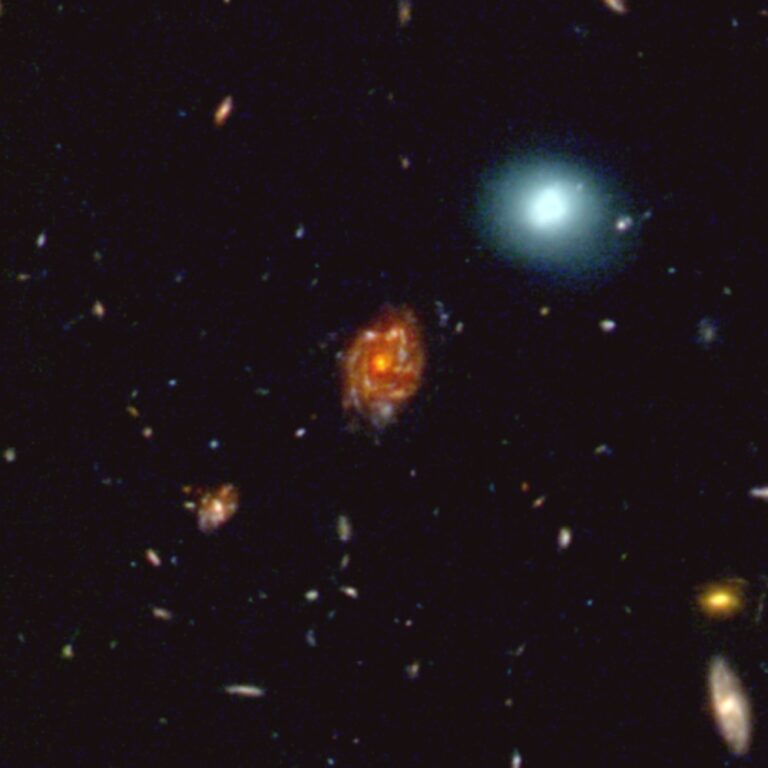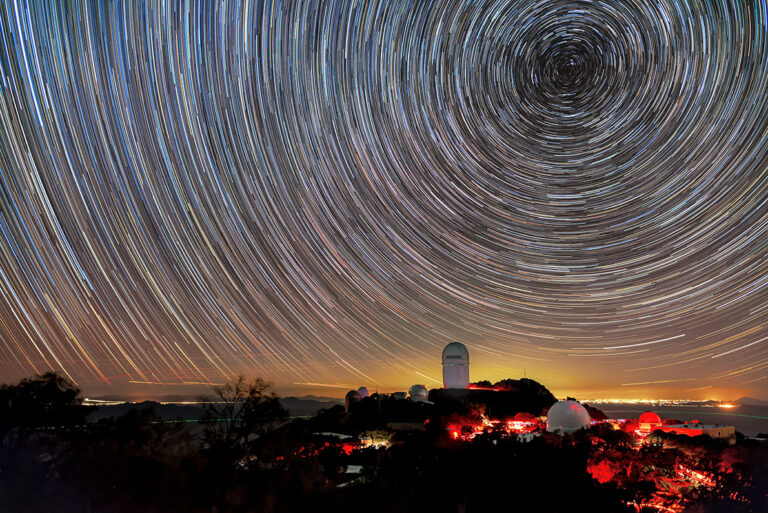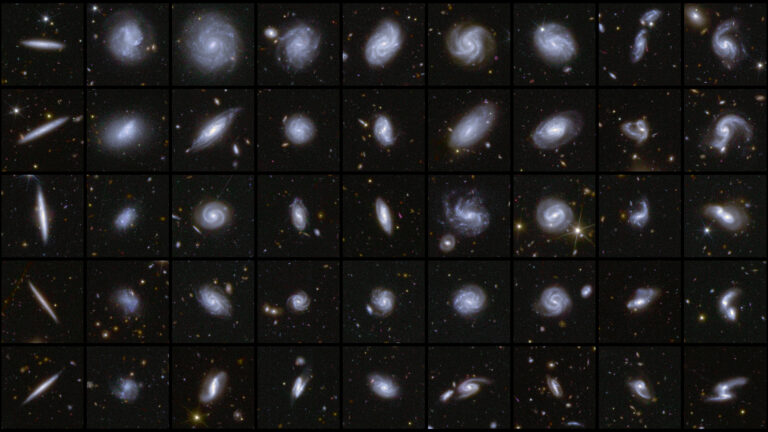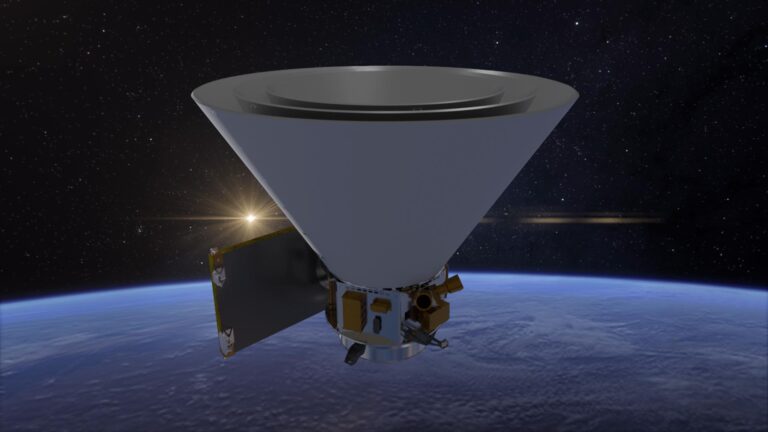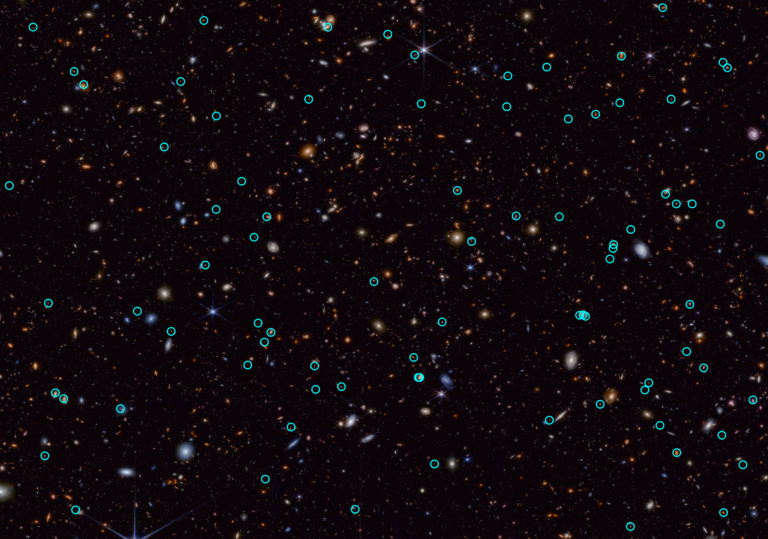Key Takeaways:
For those acquainted with the tumultuous birth of quantum mechanics, today’s debates over the existence of multiple universes might inspire a feeling of déjà vu. Physicists like Stephen Hawking and Max Tegmark see multiverses as unavoidable. Others like Peter Woit counter that the idea is not only wrong, but a threat to science itself. To multiverse or not to multiverse — that is the question. This is fun stuff!
Multiverses may seem outlandish, but they are hardly misbegotten brainchildren of demented theorists. From the physics of the Big Bang, to the flatness of the observable universe, to the mass of the Higgs boson and a paucity of particles seen at the European particle physics lab CERN’s Large Hadron Collider, to the ambiguous fate of Schrödinger’s cat, multiverses arise from promising efforts to fill gaping holes in the foundations of physics and cosmology.
If multiverses are such a powerful idea, why do some people wish them a speedy and ignominious death? While there are certainly outstanding scientific questions, some of the most passionate critics focus on more philosophical concerns. In particular, some insist that absent falsifiable predictions, multiverses have no place in science at all.
I understand that concern. If you’ve read my past columns, you know that falsifiability is a really big deal with me. Scientific knowledge is built on testing falsifiable predictions. But that is not the same thing as saying that everything we know can be or needs to be tested directly.
Quoting Alfred North Whitehead: “There are no whole truths; all truths are half-truths. It is trying to treat them as whole truths that plays the devil.” When it comes to falsifiability, like it or not, gray areas exist. Scientists routinely accept necessary consequences of well-tested theories, regardless of whether those consequences are independently testable. Cosmology is a case in point.
The cosmological principle is the bedrock of our understanding of the structure and evolution of the universe. Simply put, the cosmological principle says that there is nothing special about our place in the universe. Yet that statement is patently absurd. We live in a very special place in the observable universe; we are right at its center.
The fact that we can’t see multiverses doesn’t mean they don’t exist, nor is talking about them a threat to science. Karl Popper, the father of falsifiability himself, noted that unfalsifiable statements can still be true, and even if not true can still be scientifically useful.
David Deutsch is a pioneer in the emerging science of quantum information. He says that everything he does depends on one particular multiverse, Hugh Everett’s “many-worlds interpretation” of quantum mechanics. Regardless of whether it exists, without the idea of Everett’s multiverse, quantum computers, quantum encryption, and quantum teleportation might have yet to be invented.
The philosophical implications of multiverses are profound. From the moment Copernicus dislodged Earth from the center of creation, scientific progress has gone hand in hand with an ever-expanding concept of the cosmos. Multiverses represent that journey’s ultimate culmination.
In most multiverse theories, every universe that can exist does exist, has always existed, and always will exist. The question of, “why this universe” is meaningless. Of course we find ourselves in a universe suspiciously well suited for life. Where else could we be? Einstein could be right. Perhaps God does not play dice, but neither does he choose!
Demanding that existence limit itself to what humankind can directly observe is pretty egotistical, a bit like the medieval insistence that Earth is the center of all things.
Scientifically, the statement “multiverses exist” deserves to be on equal footing with the statement “multiverses do not exist.” There is no a priori reason to prefer one statement over the other.
Can we observe multiverses? That’s the wrong question. The right question is whether theories that rely on multiverses are more or less successful than theories that do not. Putting it differently, the statement “multiverse theories will make more interesting and correct predictions than theories without multiverses” is itself a testable prediction. On that basis, the scientific case for multiverses could prove very compelling, indeed.
Jeff Hester is a keynote speaker, coach, and astrophysicist. Follow his thoughts at jeff-hester.com

